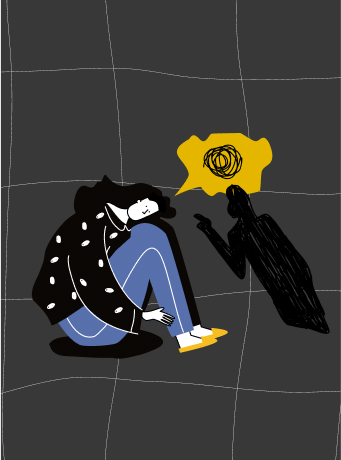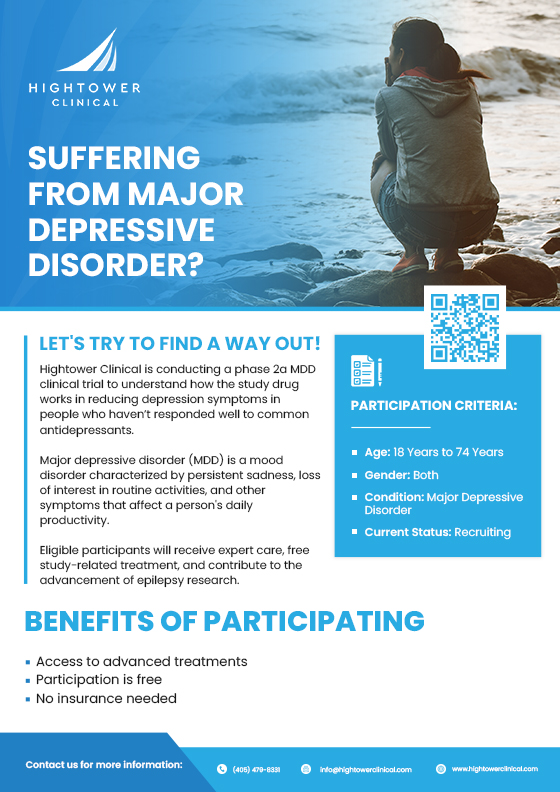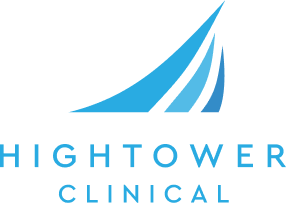Major Depressive Disorder (MDD) is a common and serious mental health condition characterized by persistent feelings of sadness, hopelessness, and loss of interest in daily activities. It can also lead to changes in appetite, sleep patterns, energy levels, and concentration. MDD affects how a person thinks, feels, and functions, and often requires treatment to manage symptoms effectively.
Depression Clinical Trials
Hightower Clinical is dedicated to finding better major depressive disorder treatment options to help people take better control of their lives.
Enroll Now
Battling Major Depressive Disorders?
Let’s Find Possible Ways Out with Clinical Trials for Major Depressive Disorder
Major depressive disorder (MDD) is a mood disorder characterized by persistent sadness, loss of interest in routine activities, and other symptoms that affect a person’s daily productivity. Also known as clinical depression, MDD is a constant state that seriously influences how a person feels, thinks, and behave.
Hightower Clinical is conducting a phase 2a MDD clinical trial to understand how the study drug works in reducing depression symptoms in people who haven’t responded well to common antidepressants.
Such depression clinical trials contribute significantly to the development of effective therapies, improving care for mental disorders. If successful, the research could be a promising breakthrough in MDD management especially when typical antidepressants fail.
Major Depressive Disorder
| Study Name | Protocol Number | Sponsor |
|---|---|---|
| Major Depressive Disorder | ALTO-300-004 | Alto Neuroscience |
Still Struggling with Depression Despite Treatment?
Hightower Clinical is conducting a clinical trial for major depressive disorder to evaluate how adults with MDD respond to an investigational treatment when added to their current antidepressant, while also collecting biological data to better understand who may benefit most. The trial will explore a precision-medicine approach for depression, a common mood disorder, to match the treatment to the right type of patient rather than giving the same treatment to everyone.
Participants in the study will receive expert care, free study-related treatment, and help advance epilepsy research.
MDD, a common mental disorder in the US is prevalent in 8.3% of the population, translating to 21 million adults in the country. While its exact cause is unknown, major depressive disorder can occur due to a combination of biological, genetic, environmental, and psychological factors.
While there are various standard treatments available for treating MDD, the major depressive disorder research study explores a new study drug and its potential to manage the symptoms better than the available therapies.
Exploring New Hope for Depression: Now Enrolling Participants
A depression clinical trial is exploring the potential of an investigational medication in reducing Major Depressive Disorder (MDD) symptoms in adult who continue to experience depression despite current treatment.
This study is designed for individuals currently taking antidepressants such as SSRIs, SNRIs, or bupropion but still feeling moderate to severe depression.
The goal is to determine whether adding this new treatment can help reduce symptoms and improve overall mood and functioning.
Study-related care is provided at no cost. Participants will be closely monitored by experienced healthcare providers through regular assessments and medical checkups.


Age
18 Years to 75 Years
Gender
Both
Condition
Major Depressive Disorder
Current Status
Recruiting
Understanding the Symptoms and Triggers of Major Depressive Disorder (MDD)
Major Depressive Disorder (MDD) is more than just feeling sad or having a rough day. It is a serious mental health condition that can deeply affect how a person thinks, feels, and functions in daily life. The symptoms of MDD vary from person to person, but most people experience a combination of emotional, physical, and cognitive changes that last for weeks or even months.
Common symptoms of MDD include:
- Persistent feelings of sadness, emptiness, or hopelessness
- Loss of interest or pleasure in activities once enjoyed
- Fatigue or decreased energy
- Changes in appetite or weight
- Difficulty sleeping or sleeping too much
- Trouble concentrating or making decisions
- Feelings of worthlessness or excessive guilt
- Thoughts of self-harm or suicide
MDD doesn’t always have a clear cause, but it can be triggered or worsened by various internal and external factors.
Common triggers include:
- Chronic stress at work, home, or in relationships
- Traumatic life events, such as loss, abuse, or major change
- Medical conditions, including chronic pain or illness
- Hormonal changes, such as postpartum or menopause
- Family history of depression or other mood disorders
- Substance use or withdrawal
Understanding these symptoms and triggers is an important step toward seeking help. If you or a loved one is living with MDD, participating in depression clinical trials could offer access to new treatment options and professional care.
Frequently Asked Questions
What causes MDD, and who is at risk? -
MDD can be caused by a combination of genetic, biological, environmental, and psychological factors. Individuals with a family history of depression, those who have experienced trauma or chronic stress, and people with certain medical conditions or substance use issues may be at higher risk. However, anyone can develop MDD, regardless of age or background.
What is the purpose of such depression clinical trials?
This major depressive disorder research study is exploring whether adding an investigational medication (ALTO-300) to a person’s current antidepressant can help improve symptoms of MDD in individuals who haven’t responded well to previous treatment. The study also aims to identify biological markers, such as brain wave patterns, that may help predict which patients are more likely to benefit from this approach.




